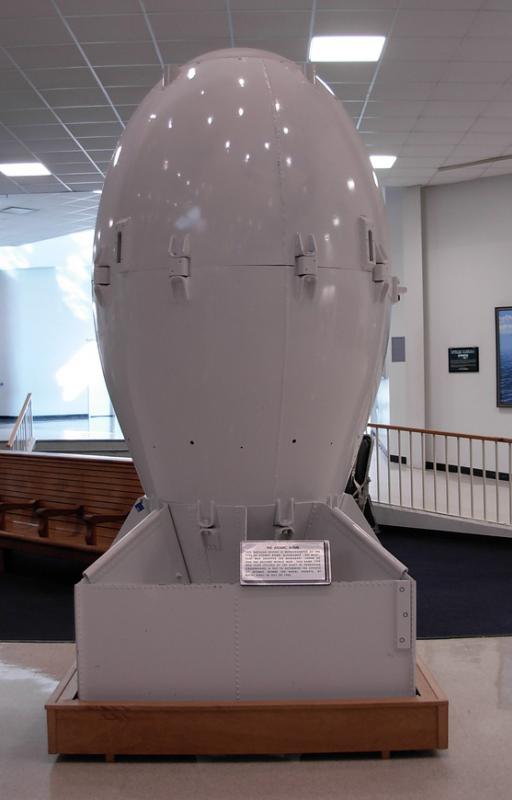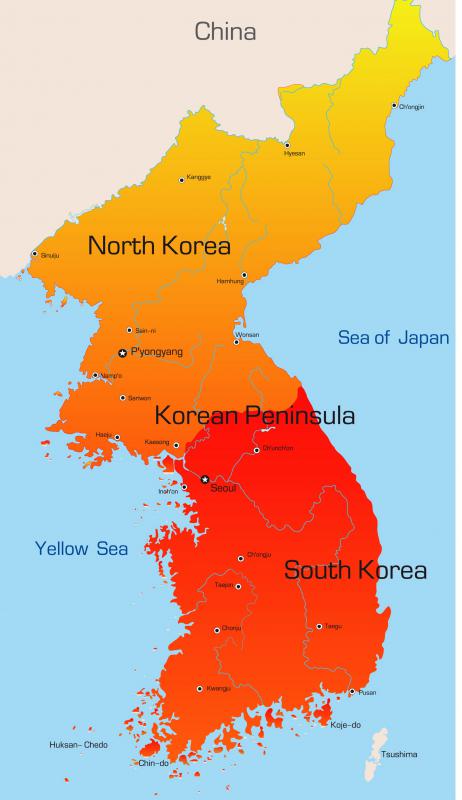At WiseGEEK, we're committed to delivering accurate, trustworthy information. Our expert-authored content is rigorously fact-checked and sourced from credible authorities. Discover how we uphold the highest standards in providing you with reliable knowledge.
What is Nuclear Weapons Proliferation?
Nuclear weapons proliferation is a term which is used to refer to the development and spread of nuclear weapons and associated materials such as isotopes which could be used in the production of nuclear weapons. Proliferation of nuclear materials is a concern for many nations around the world, and in fact most of the member states in the United Nations have signed the Nuclear Nonproliferation Treaty (NPT) as a demonstration of a good faith desire to stop the proliferation of nuclear weapons.
As soon as researchers realized the potential destructive force of an atomic bomb in the 1930s, nuclear weapons proliferation began, with the famous race for the bomb which occurred behind the scenes during the Second World War and culminated with the bombings of Hiroshima and Nagasaki in Japan by American forces. This tremendous demonstration of power served as an incentive for many other nations to develop nuclear weapons, and an arms race accelerated rapidly during the 1950s and 1960s as numerous countries developed nuclear weapons in an attempt to keep up with everyone else.

Concerns about nuclear weapons proliferation led to several test ban treaties in the 1960s which were designed to limit nuclear testing, and in 1968, the United Nations drafted the NPT. Five signatories of the NPT, the United States, United Kingdom, China, France, and Russia, have openly admitted that they have manufactured nuclear weapons. Several nonsignatories also possess nuclear weapons, including Israel, India, and Pakistan, and North Korea has also been suspected of having access to nuclear weapons.

The concern with nuclear weapons proliferation is that it could result in a very bad end to a legitimate war if a nuclear power became involved and decided to use its capabilities. Nuclear weapons proliferation is also a concern to groups worried about terrorism, as unsecured nuclear materials could potentially be obtained by terrorists. Numerous organizations have promoted nuclear disarmament, one of the goals of the NPT, and have strongly urged nations to focus on peaceful applications for nuclear energy, rather than on building bombs.

Tense political relationships between some of the nuclear powers have resulted in fluctuating policies about nuclear weapons proliferation. The signatories to the NPT have agreed to commit to reducing the numbers of nuclear weapons in their arsenals, and to stop nuclear weapons development to avoid perpetuating the arms race. Some nations which have not signed this agreement have active nuclear weapons development programs and some are believed to potentially politically unstable, which could have literally explosive consequences.
AS FEATURED ON:
AS FEATURED ON:
















Discuss this Article
Post your comments